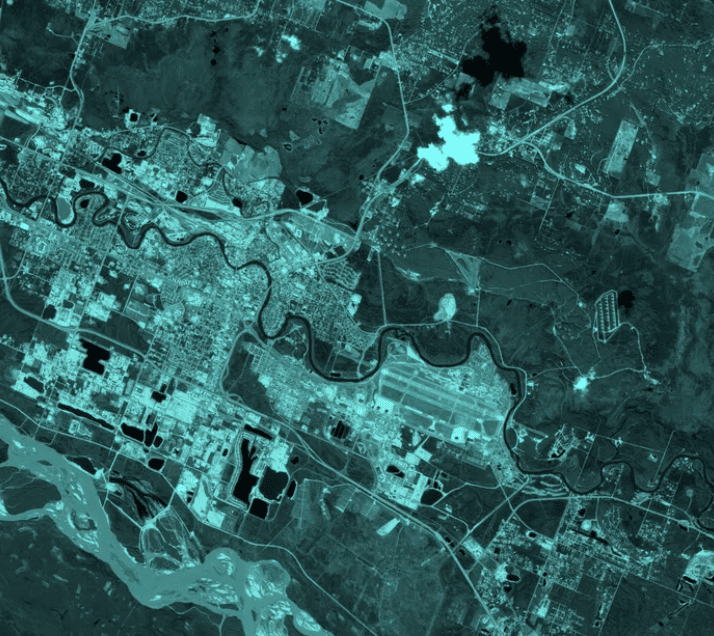There has been incessant talk from Democrats in the Mississippi Legislature over the last few weeks about expanding Medicaid availability for 300,000 more Mississippians than the 600,000 that already have it.
From Carnival Barker-in-Chief, Rep. Steve Holland with his letter to the Governor to Bobby Moak’s assertion that Medicaid will create 9,000 new jobs, excitement over Medicaid expansion in Democrat ranks has reached a fevered pitch.
Of course, hospital executives and folks from the Mississippi Hospital Association (irrevocably tied to Democrats) think Medicaid expansion is Christmas and the Mississippi Legislature is Santa Claus. Obviously, they think getting reimbursed for $48 doses of Tylenol (look at a hospital bill lately?) for another 300,000 people per year the federal government is the greatest idea ever.
For purposes of this discussion, let’s put aside the fact that the federal government will only pay 100% of the expansion for 3 years after which time it will become Mississippi’s burden to carry. Let’s also put aside the fact that the federal government may cut Medicaid reimbursements by some number as yet to be determined from the current program. Here’s my question. Has anyone in the media or Republican ranks for that matter really challenged the math of the “economic development” impact?
If expanding Medicaid were such a great economic development program, why isn’t it already working in Mississippi? 1 in 5 Mississippians already have Medicaid coverage. That doesn’t include Medicare, CHIP or anything else. It’s like saying that food stamps are good for economic development. As of now, there are 48,000,000 people in the US on SNAP/food stamps. 48,000,000! That’s about 1 in 6 Americans. If food stamps worked, we should be out of this recesssion that keeps generally dragging along. In Mississippi, that number is 672,000 or almost 1 in 4 Mississippians.
If poverty programs like Medicaid and SNAP were good for economic development, Mississippi would be the Saudi Arabia of the United States. The truth is that the math just doesn’t pencil no matter how much special interests, in these cases hospitals and grocery stores, can justify. And where does the money come from? Remember that little (huge) tax hike we just had at the federal level? Taxpayers and businesses are paying for the increase and there are no two ways about it. This ain’t free money.
I do believe that to keep Medicaid in its current form may involve restructuring based on the reimbursement formula that’s being messed with by the Obama administration. The right policy argument is reauthorize that program like Phil Bryant, Tate Reeves and Philip Gunn want to do and then just to see what the formula changes are and then make changes to keep the program in its current form and scope as solvent as possible.
Here’s some math to consider. The qualification rate for a family of four for Medicaid expansion is $32,000/year. What if we focused on creating an economy that would create an additional $5,000 household income for those same 300,000 families? That’s $1,500,000,000 more revenue. At about 3% state tax only that’s $45,000,000 more tax dollars not to mention sales tax increases at the local level, reduction of services required to service those 300,000 people on poverty’s margin, and the public benefit of having people more sufficient to care for their families and communities.
The best economic development is actual economic development. Let’s focus on programs and policies that really improve the incomes and lives for those 300,000 on the poverty margin instead of just handing them more poverty programs. This ‘faux’ windfall argument that Mississippi Democrats are trying to make should be countered more forcefully and directly on the math. “We don’t like Obamacare” politically plays pretty well to Bubba, but at the end of the day, the real policy argument should be made on the real math.







